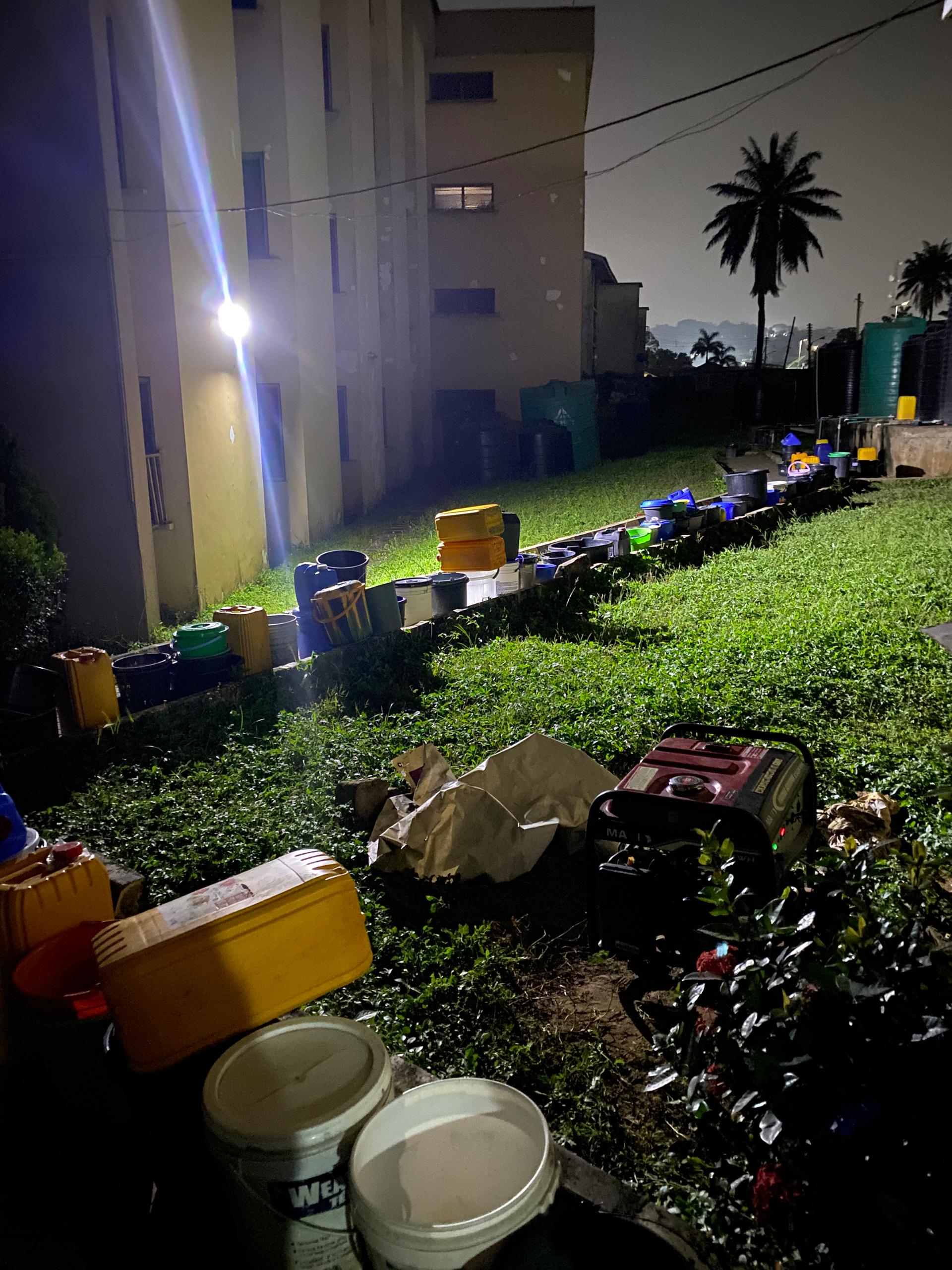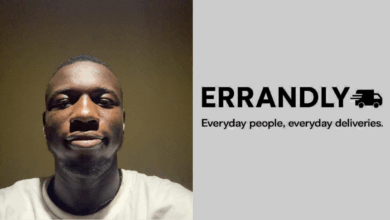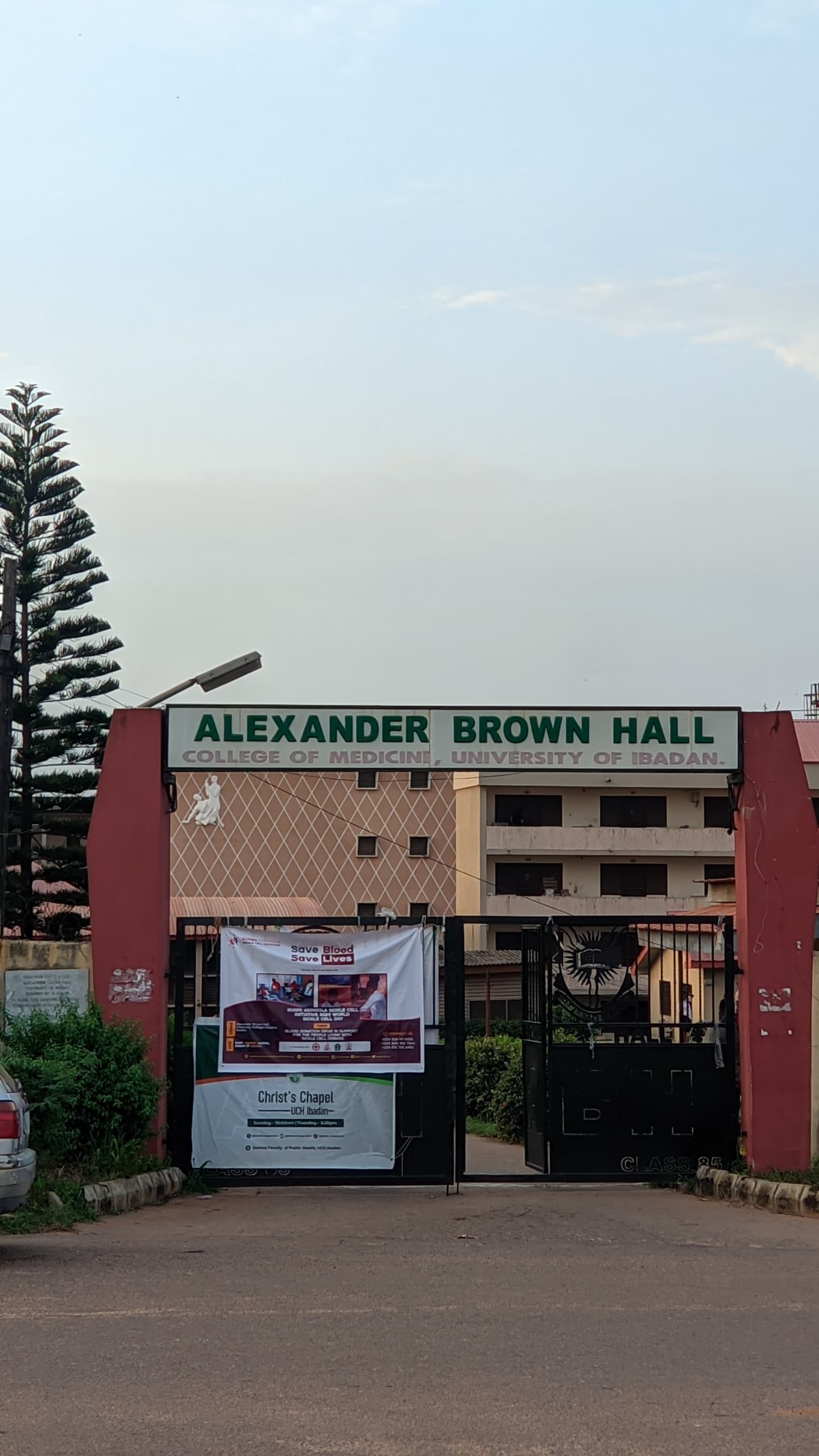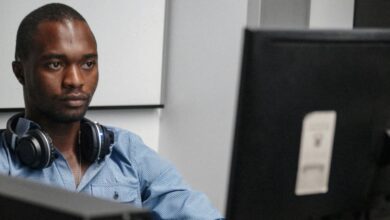Stumbling in the Dark: UCH Students Lament Struggle

As of press time, the University College Hospital (UCH) is grappling with an ongoing 19-day blackout that has plunged its community into a prolonged state of crisis. With no power to fuel essential daily operations, students, medical staff, and patients alike have had to navigate a world where basic necessities such as water, electricity, and a comfortable environment for work are out of reach. In this in-depth feature, UCH students share their stories, revealing their resilience and resourcefulness to survive, their collective outrage, and their demand for systemic change.
Living in Darkness: Daily Struggles for Basic Resources
For the students at UCH, the blackout has become an exhausting ordeal that extends far beyond a mere inconvenience. With power out for almost three weeks, many basic amenities, such as charging electronic devices, accessing running water, and maintaining sanitary conditions, have become nearly impossible. Chiamaka (not real name), a 500-level medical student, describes the experience as “horrible,” emphasizing how the outage disrupted campus life. “I was shuttling from Barika every day so as to make attendance in my posting, spending more than ₦1000 daily just on transportation,” she recalls, detailing how students have been forced to find alternative living arrangements to survive the harsh conditions. This constant movement has drained her energy and finances. Sadly, her story is one among hundreds experiencing similar trials.
With inadequate lighting, prolonged hours spent charging devices, and lack of access to clean water, students are left physically exhausted and psychologically drained. Students now face greater stress levels and cannot focus on their studies. This power cut—the longest so far—has blurred the boundary between basic needs and luxuries.
Beyond her inconvenience, Chiamaka sheds light on a larger concern transcending student discomfort: patient care. “Patients can barely see their doctors,” she notes, stressing how the blackout’s impact on lighting and power has reduced the quality of patient care, an irony for one of the country’s premier teaching hospitals.
“It’s so sad, it’s very f**kng sad. Patients can’t do basic tests in the hospital, so signing procedures are impossible.” She complained before adding, “Presentations can’t be made on time as light isn’t available to charge devices. Reading is not even on the table, as the entire day is spent trying to charge devices and get water. It’s inhumane.” She says.
For an institution that brags about its top-tier medical education and clinical excellence, the power crisis has cast a long shadow over its reputation and ability to deliver care effectively.
Every student interviewed painted a similar picture of daily inconveniences turned into significant hardships. Rachael, a nursing student in her third year, explained the far-reaching effects on her clinical postings, describing them as “physically and mentally exhausting,” she says, adding that the inability to keep up with clinical tasks due to power issues has added “an unimaginable layer of frustration.” She explains, “having to still go for this posting with a rough uniform and sometimes going late because you could not find water to bath and then end up being punished by the nurse on the ward.”
Her experience reveals how this outage has undermined the hospital’s mission of healthcare delivery and education. A problem that no one saw coming—or, perhaps, that no one took proactive steps to prevent.
Some students, like Oluwatoke, a nursing student, describe the blackout as “suffering upon suffering” and noted the additional burdens of enduring heat, mosquitoes, and emotional strain. “It has been terrible,” remarks John, a physiotherapy student in ABH, explaining that he has been fetching unclean water from a construction site nearby, which he must boil before using. “All my clothes are dirty because I have been unable to wash them since I have to manage the water I fetch. I spend hours on a queue to fetch water,” he shares. This illustrates the stark reality of their situation; one where students have to decide daily whether to use water for drinking, hygiene, or cleaning.
The Quest for Power: Makeshift Solutions and Endless Sacrifices
In response to the blackout, students have had to innovate ways to meet their basic needs. Some students have resorted to frequenting nearby churches or schools to charge their devices and access some semblance of modern convenience. Rose, a third-year nursing student, describes this daily struggle to maintain a semblance of normalcy. “Inability to read for exams,” she admits, has been a constant worry. With exams around the corner, she and many of her peers find themselves at a disadvantage as they attempt to study with alternative lighting or rely on makeshift study areas outside the hospital premises.
“Whenever I’m in ABH, I have to beg the cleaners to fetch water for me,” shares Chiamaka, indicating how reliance on informal networks has become a crucial part of life in UCH. She adds that this service’s price has now doubled from its original price of ₦150, as the cleaners have started to charge as high as ₦300 per container to make up for the long distances they have to travel to get water. To make matters worse, avenues to charge and power devices have not been easy either. “I have had to beg the nurses in the Geriatric ward to allow me to charge; I once spent 8 hours in a day doing so”, she recounted. Those who cannot do this find themselves waking up at odd hours to fetch water, like Peace, a 500l medical student who said, “I wake up in the morning and the first thing I do is to go queue for water. That’s depressing,” Showing the mental and physical toll the blackout is taking on students.
Others have turned to the kindness of associations, as reported by Joy (not real name), a nursing student whose department uses its dues to fuel generators at night. “My association switches on the gen at night (bless them),” they explain. They list several other places they have been forced to search for power. “ICU, Hamine, church, anywhere there is electricity and it is embarrassing to be carrying a charger everywhere. As for the water, hostel tank, blood bank, construction site and the mortuary.”
A story corroborated by Rachael, who said “Our association has been using our dues to fund our generator at night. The generator itself is already bad, and we are currently short on funds. I also charge my devices on the wards or sometimes go a day with a dead phone. I have fetched water anywhere there’s water, including a construction site.” This account illustrates how a lack of centralized solutions has driven students to adopt a community-based approach, pooling limited resources for shared survival.
Without consistent access to electricity and water, students like Rachael have been forced to use facilities outside the hospital. “I go to the construction site, the back of the morgue, and banks just to beg for water,” Oluwatoke explains. The power outage is causing more than just inconvenience; it’s deteriorating their physical well-being. “I barely sleep these days because of the mosquitoes and heat. I think I’m about to treat malaria for the third time in five months,” the student continues, describing the resurgence of health issues many had previously managed
Meanwhile, the power outage has severely impacted patient care, particularly in the neonatal and pediatric wards. “Newborn babies are being bathed with pure water collected from their mothers,” Oluwatoke shares, revealing the improvised methods medical staff are forced to use. “The wards decided to collect one bag of water from each patient, and some patients’ relatives fetch water in kegs to bring for their relatives to clean up and use the toilet.” This points to a deeply concerning level of resource scarcity that endangers the most vulnerable patients, especially children and the elderly.
Analyzing the Crisis: The Reasons Behind the Blackout
The ongoing blackout has left many students and staff pondering deeper issues related to the hospital’s financial priorities and management capabilities. Rumors have circulated that the blackout may stem from unresolved debts with utility providers, namely IBEDC. Still, official explanations from the administration have been sparse, leaving students disillusioned and distrustful. “First of all, I think they should issue a press release apologizing to everyone because staying here, whether as a student or worker or patient, didn’t come free of charge,” said Joy, echoing a common call for transparency.
Such calls for accountability and clarity reveal a deep-seated frustration among students who feel that the UCH and COMUI leadership has failed to protect their interests. “If they’re so crippled by debt, they should set up solar panels in hostels or make provisions to fuel the big generators so we can at least have light at night,” Joy further suggests. Some students point to alternative energy solutions, such as solar power, as a way forward. They argue that investing in renewable energy sources could mitigate future crises, pointing out that sunlight is a readily available resource in Nigeria.
Calls for immediate resolution are also gaining momentum among the student body. “Pay the bills!!!” Rose urges, suggesting that the administration prioritize utility expenses to avoid extended power interruptions.
In light of these ongoing issues, students call for long-term measures to prevent future crises, including a push for financial oversight and accountability. Some students, through town hall meetings organized by the Alexander Brown Hall executives, have suggested that various measures such as solar power in the ABH TV Room and the Fanmenwo Common Room, fuel being made available daily to supply water and electricity to the hall to make the living conditions bearable.
For some students, the only viable solution is a temporary shutdown until the administration can restore power. “Let’s go home till the management is ready to do the needful,” Peace suggested, adding, “If they can’t meet basic needs, it’s unfair to ask us to continue.” Oluwatoke echoes this sentiment, explaining, “Everyone should just go home till they have a solution and the solution has been put in place.”
Some students have proposed that UCH immediately increase generator fuel provisions to power the facility for at least four hours daily as a temporary solution. “Two hours isn’t enough; we need at least four hours,” explains John, underscoring the urgency of a stable power solution.
Rising Voices: The Boycott, the United Front, and Demands for Change
On Monday, November 11, a coalition of students initiated a boycott in response to the prolonged blackout, hoping to send a strong message to the UCH and COMUI administration. The boycott, agreed on by students across departments through a town hall meeting on the volleyball court of Alexander Brown Hall, involved students abstaining from classes, clinical rotations, and other hospital-related duties in a symbolic protest against the administration’s perceived neglect.
The boycott gained traction quickly, with students from the faculties of clinical sciences joining in. Many hoped that disrupting normal operations would draw attention to the blackout’s profound impact and press the administration to take immediate action. “All students should go on strike,” a nursing student Rachael says. “But it feels like that’s the only language they understand.” The sentiment resonates widely, as students express a willingness to sacrifice their studies temporarily and refuse to continue enduring conditions they see as unacceptable.
In addition to the boycott, student leaders have compiled a list of demands in the form of resolutions made at the multiple town hall meetings organized to take action on the blackouts that go beyond the immediate restoration of power. These demands include a public acknowledgment in the form of a memo from UCH’s administration regarding the blackout’s cause, a timeline for resolving the issue, and a pledge to allocate fees directly to supplying power to the hall through the large generator at the entrance.
Some external voices in Nigeria’s healthcare and educational sectors have weighed in, urging UCH’s administration to address the crisis transparently and work toward solutions that prevent future incidents. This external support has given students renewed confidence that their demands might be met and their call for change amplified on a larger scale.
Looking Forward: A Call for Structural Reform and the Hope for Resolution
As UCH ends its third week without power, the community’s patience is wearing thin, with patients also protesting the blackout. While the administration remains largely silent, students’ demands for immediate solutions and long-term change grow louder.
As students continue their boycott and amplify their voices, they prove they will not quietly endure another crisis. The demand for change extends beyond UCH’s walls as a stark reminder of the importance of adequate support systems, transparent communication, and responsible governance within academic and healthcare institutions. For the students, staff, and patients at UCH, this crisis has become emblematic of a greater need for institutional accountability and respect for the welfare of the people it serves.
While UCH’s leadership has yet to respond officially, the resolve of its students and the solidarity they have forged provide a glimpse of hope. The blackout may have cast UCH into literal darkness, but the community’s unified response, resourcefulness, and unyielding demand for accountability signal a brighter, more resilient future ahead. The lights may remain off for now, but the students’ determination to bring about meaningful change continues to shine brightly, illuminating the path forward.
Moboluwarin Ogunleye





2 Comments